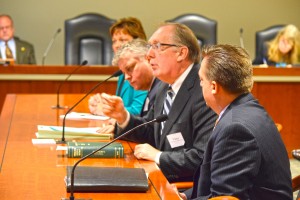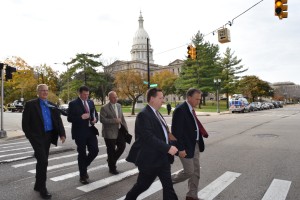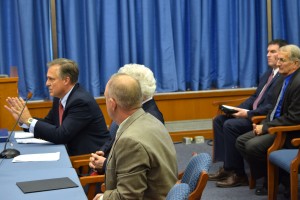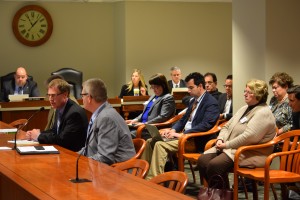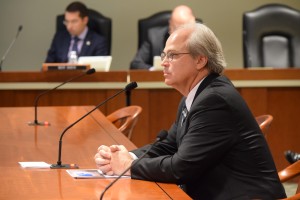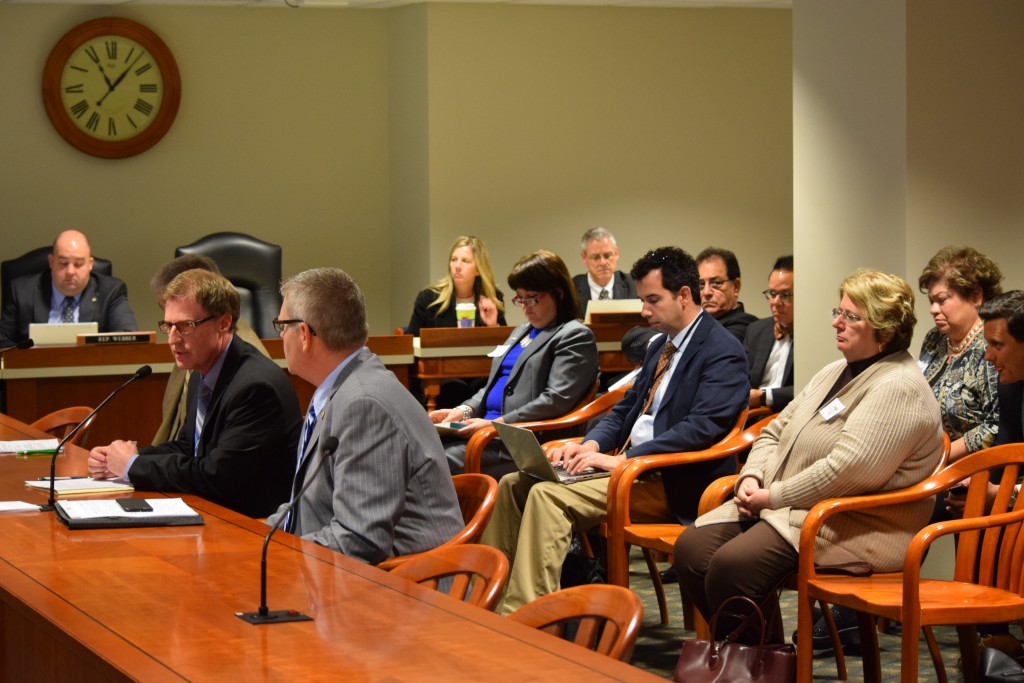The League co-hosted a webinar this afternoon with Howard Heideman from Treasury’s Office of Revenue and Tax Analysis as a continuation of our effort to provide information and greater access to Treasury as communities move through the initial phases of implementing the state’s new personal property tax system. More than 125 members registered for today’s presentation, which follows along with meetings held earlier this summer in Muskegon and Marquette.
See below for the full webinar and referenced documents. In addition, please visit Treasury’s Personal Property Tax Reimbursements web page for more details.
A special thank you to Howard and to Treasurer Khouri for their partnership and assistance in this outreach effort!
Personal Property Tax Implementation Webinar from Michigan Municipal League on Vimeo.
Documents referenced in webinar:
Excel:
2016 PPT Reimbursement Draft – Example City
MS Word:
Form 5429 Example With Instructions
Form 5403 Expired Tax Exemptions – Example With Instructions
Chris Hackbarth is the League’s director of state affairs. He can be reached at 517-908-0304


